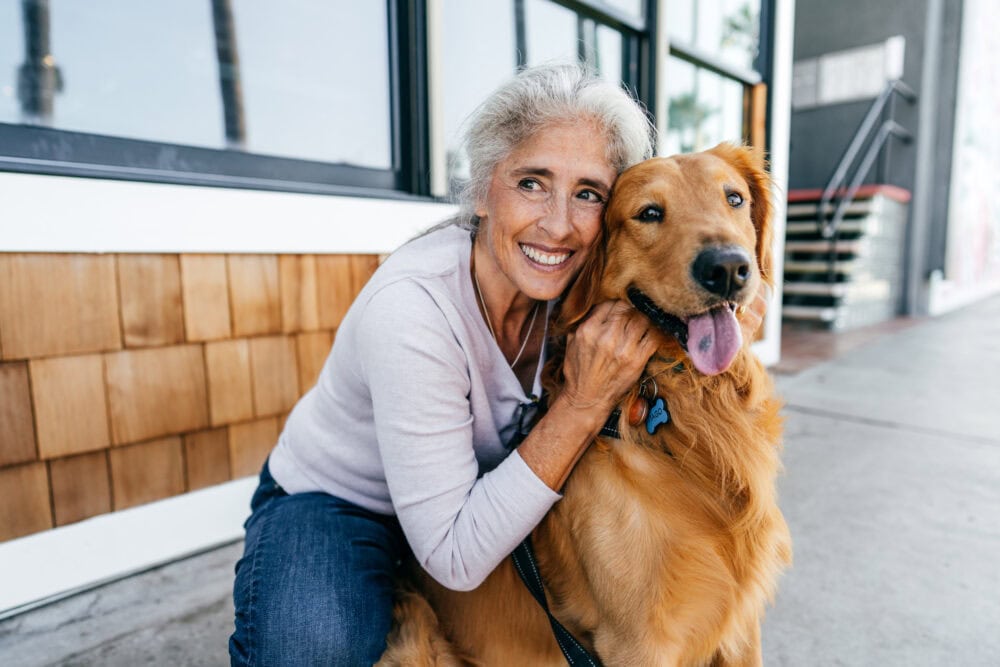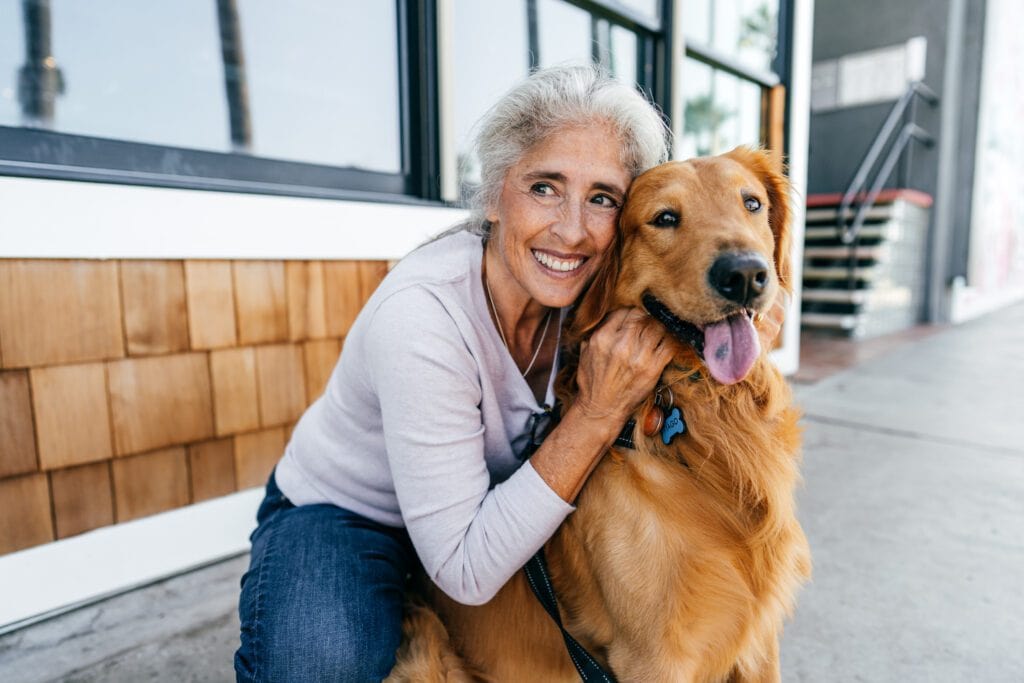Navigating the Complexities: Addressing PTSD in the Older Adult Population


Post-Traumatic Stress Disorder (PTSD) is a mental health condition that affects individuals who have experienced or witnessed a traumatic event. While it is commonly associated with veterans and younger individuals, PTSD can also impact older adults, and its effects may be more challenging to identify.
Understanding PTSD in Older Adults
PTSD in the elderly is often misunderstood or misdiagnosed, leading to prolonged suffering and reduced quality of life. The traumatic events that trigger PTSD can range from war-related experiences to personal losses, accidents, or surviving natural disasters. According to a study by Hunt et al. (2019), “Older adults are more likely to experience PTSD symptoms following a traumatic event compared to younger individuals”.
An older adult who experienced a traumatic event in their youth may have developed coping mechanisms over the years to manage their PTSD symptoms. These coping strategies could involve avoiding triggers and suppressing memories. However, as they age, cognitive changes and declining physical health might disrupt their established coping mechanisms, making it harder to manage their PTSD symptoms as effectively as they may have been able to in the past.
The Impact of PTSD on Older Adults
- Physical Health Consequences: PTSD can exacerbate existing health conditions and lead to a compromised immune system, cardiovascular issues, and increased vulnerability to chronic diseases (Bremner, 2020). Older adults with PTSD may be at higher risk of developing conditions such as hypertension, diabetes, and chronic pain (Gatchel, 2018).
- Cognitive Challenges: Older adults with PTSD may experience memory problems, difficulty concentrating, and impaired decision-making abilities. Research suggests that PTSD can contribute to accelerated cognitive decline in the elderly population (Aarts et al. 2017). PTSD in the elderly can sometimes present with symptoms that appear like dementia, which can lead to misdiagnosis and make obtaining a proper diagnosis challenging. It’s important to note that while these similarities exist, there are also distinct differences between PTSD and dementia. PTSD is rooted in a traumatic event, and symptoms can improve with appropriate treatment, whereas dementia is a progressive neurodegenerative disorder with no cure. Proper assessment by a professional is crucial for accurate diagnosis as there is a significant overlap of symptoms.
- Social Isolation: PTSD can cause older adults to withdraw from social interactions. They may isolate themselves to avoid triggers or reminders of their traumatic experiences, leading to loneliness and reduced engagement with friends and family (Grenade & Boldy, 2008).
Unique Challenges in Addressing PTSD in the Elderly
- Stigma: Some older adults may feel ashamed or embarrassed to seek help for their mental health struggles due to the lingering societal stigma surrounding mental illness, as well as cultural and generational norms.
- Coexisting Conditions: PTSD often coexists with other mental health conditions such as depression and anxiety, making diagnosis and treatment complex (Friedman, 2013). Integrating a holistic approach that addresses all comorbidities is crucial in providing effective care.
- Under recognition: PTSD symptoms in the elderly might be mistaken for normal aging or other medical conditions (such as aforementioned dementia), leading to under recognition and delayed treatment.
Effective Strategies for Addressing PTSD in Older Adults
- Identification and Screening: Healthcare professionals should routinely screen older adults for PTSD symptoms during regular health check-ups to facilitate early intervention to prevent further deterioration of mental health. (American Geriatrics Society, 2015).
- Tailored Treatment Plans: Individualized treatment plans considering the unique nuances of older adults can enhance the effectiveness of therapy and medications. Personalized care can lead to better outcomes and improved overall well-being.
- Support Groups: Engaging older adults in support groups with peers who share similar experiences can foster a sense of belonging and encourage emotional expression. Support groups provide a safe space for individuals to share their feelings and receive validation and understanding.
PTSD is a substantial concern for the older adult population, impacting their physical health, cognition, and social well-being. By understanding the unique challenges they face and implementing effective strategies, we can offer support and care to help them reclaim peace in their lives.
If you suspect someone you know might be suffering from PTSD, encourage them to seek professional help. At O’Connor Professional group, we create a supportive and non-judgmental environment for older adults to feel comfortable seeking assistance. Our team of compassionate professionals can help, contact us today.
#PTSDinElderly #AgingAndMentalHealth #GeriatricPTSD #ElderlyTraumaSupport #MentalHealthAwareness #SeniorWellness #CopingStrategies #ElderlyMentalHealth #SeniorCare #OvercomingTrauma #AgingWell #SupportForSeniors #StigmaFree #OlderAdults #HealthyAging #SeniorSupport
References:
Aarts, S., van den Akker, M., Tan, F. E. S., Verhey, F. R. J., Metsemakers, J. F. M., & Olde Rikkert, M. G. M. (2017). The effect of posttraumatic stress disorder on cognitive functioning in veterans with dementia. International Journal of Geriatric Psychiatry
American Geriatrics Society. (2015). AGS clinical practice guideline: post-traumatic stress disorder (PTSD) in older adults. Journal of the American Geriatrics Society
Bremner, J. D. (2020). Posttraumatic stress disorder and aging: Interactions with posttraumatic stress disorder. The American Journal of Geriatric Psychiatry
Friedman, M. J. (2013). Finalizing PTSD in DSM-5: Getting here from there and where to go next. Journal of Traumatic Stress
Gatchel, R. J., McGeary, D. D., McGeary, C. A., & Lippe, B. (2018). Interactions among pain intensity, PTSD, and opioid use in veterans. The Journal of Pain
Grenade, L., & Boldy, D. (2008). Social isolation and loneliness among older people: Issues and future challenges in community and residential settings. Australian Health Review
Hunt, E. C., Moore, M. J., & Birkett, M. (2019). Lifetime PTSD and trauma in older adults. Aging & Mental Health


